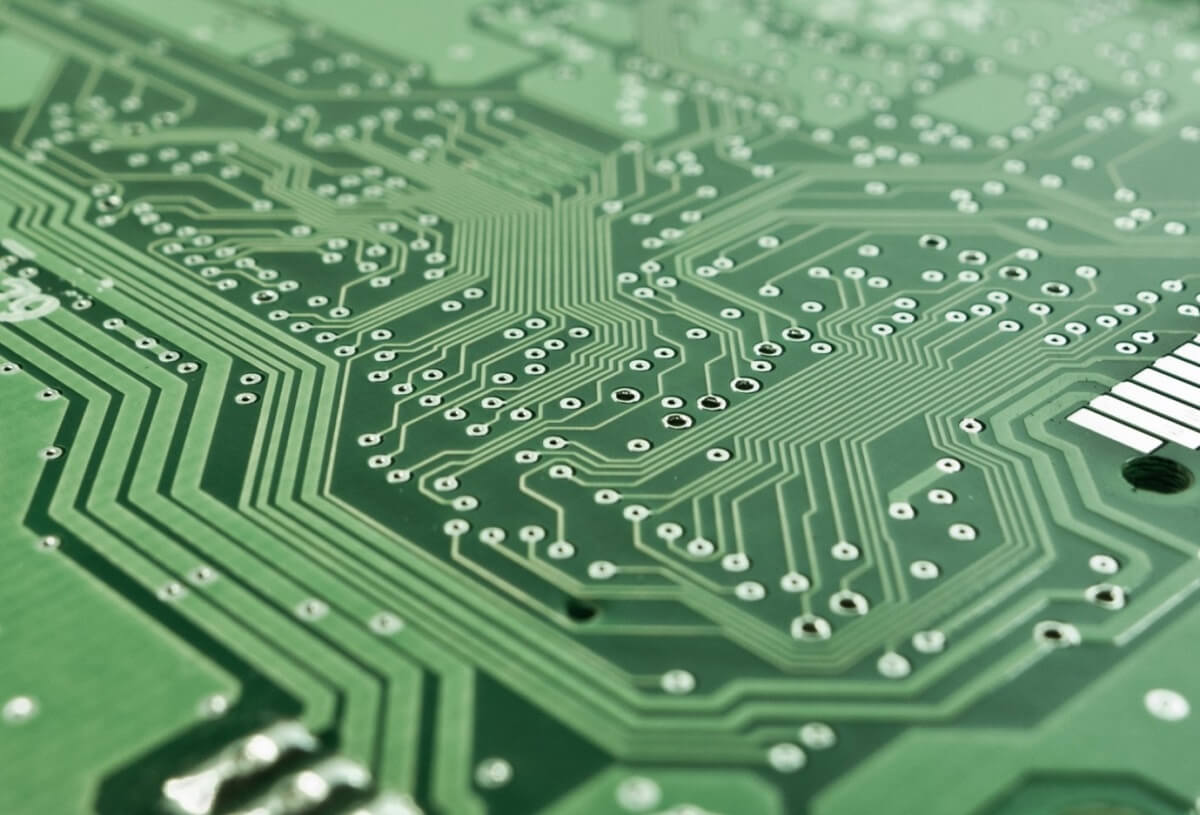Every time you get inside a vehicle, you are putting your life into the hands of a bunch of little computers. In fact, your entire experience, from automatic door locks to climate control depends upon the interworkings of these electronic control units.
What exactly are electronic control units? And what do you do if one of them stops working? Let’s take a look.
What Are Electronic Control Units?
Electronic control units or ECUs, are small devices that maintain the proper functioning of a vehicle. They handle all electronic features within the vehicle, including essential functions as well as comfort and entertainment systems.
The first electronic control unit was deployed by General Motors in 1977. It performed a single function involving electronic-spark timing. Today cars have multiple ECUs. Although some of them continue to focus solely on one task, most are responsible for multiple functions and features.
How Does an ECU Work?
Electronic control units in cars work like tiny computers that monitor and maintain the car’s functionality. They receive information from different sensors throughout the vehicle, process those signals, and respond accordingly.
Consider a car with collision prevention or backup assist system. While in reverse, sensors pick up movement indicating an imminent accident. This information is relayed to an ECU, and emergency braking is deployed.
Some electronic control units function independently of others. However, as vehicle features continue to evolve, more ECUs are becoming interdependent to maintain optimal vehicle performance. This means if one electronic control unit starts to malfunction it could create a cascade effect that jeopardizes other ECUs and systems.
How to Tell if an ECU Is Faulty?
Space shuttles require less code to function than modern vehicles. That means there is a lot of room for things to go wrong. Along with a glaring signal from your check engine light, a malfunctioning electronic control unit can lead to a number of serious side effects.
Some major issues include:
- Decreased fuel efficiency
- Rough gear shifting
- Power steering malfunctions
- Safety feature faults
- Comfort feature faults (i.e. power windows)
- Security malfunctions
- Other essential feature failures
If any of your vehicle’s systems start acting strangely, you could be dealing with a faulty electronic control unit. Since many ECUs are essential to driver safety, damaged units should be dealt with quickly and efficiently.
What to Do if an ECU Is Dead?
Depending on which electronic control unit is affected, you can have it repaired or replaced by a mechanic or at your local dealership. If you care for more of a hands-on approach you can always replace the defective part yourself by purchasing a replacement online.
If your engine management ECU dies, check out the FuelTech ECU Car Engine Management System as an option to get your car back on the road.
ECUs and the Future
As vehicles become more dependent on technology and coding, the functionality of electronic control units will become even more essential. Knowing what they are and how to deal with them will help keep you safe and on the road.
Enjoyed what you read? Check out some of our other great blog posts.
Read Also: Want To Push Your Dental Business



